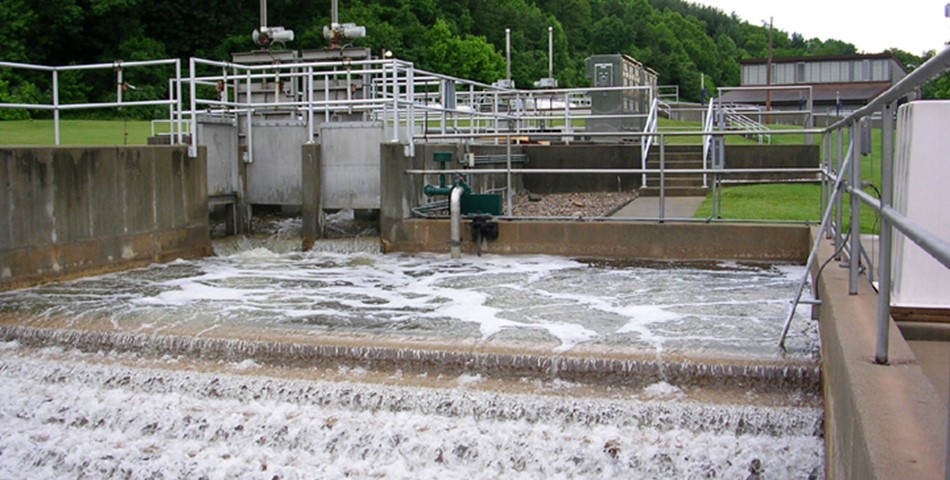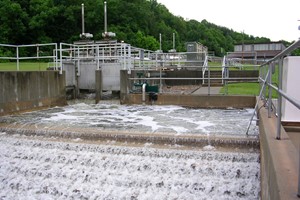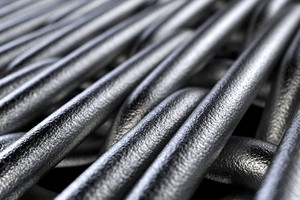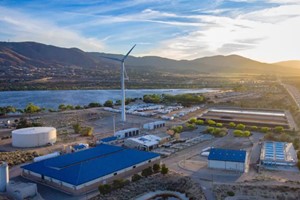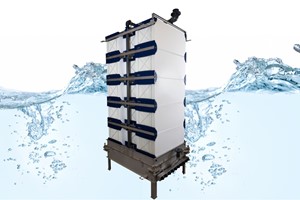Spain's water sector is a complex and critical industry that plays a pivotal role in the country's development, sustainability, and economic prosperity. Filtralite®, the filter media solution from the Saint-Gobain group, can contribute to addressing the challenges of water scarcity, climate change, and increasing water demands.
With its diverse geography, varying water resources, and changing climate, Spain faces numerous challenges and opportunities in managing its water resources. We will try to summarize and explore the key aspects of Spain's water sector, the challenges it faces, and the strategies being employed to ensure a sustainable and efficient water supply.
Water resources are unevenly distributed throughout Spain, with the northern regions enjoying more abundant water supplies compared to the arid south and east. Managing this disparity is a fundamental challenge. The country has an extensive network of reservoirs, canals, and pipelines to distribute water to different regions.
The treatment of wastewater is a critical aspect of environmental protection. Spain has made substantial investments in wastewater treatment plants to meet European Union (EU) standards. This has not only improved water quality but also contributed to safeguarding ecosystems and public health.
Due to water scarcity in certain regions, Spain has emerged as a global leader in desalination technology. Desalination plants in places like Almeria, where you can find the Filtralite® solution, Valencia, and Catalonia have alleviated water stress. Desalination is not without challenges, particularly due to its energy-intensive nature, but it remains a vital solution for water-scarce areas.
Agriculture is the largest consumer of water in Spain, accounting for approximately 60% of the country's total water use. The challenge lies in balancing the water needs of agriculture with those of other uses. Sustainable practices like drip irrigation have been adopted to optimize water use and improve water efficiency.
Like many other regions, Spain faces the consequences of climate change. Changing precipitation patterns and rising temperatures are impacting water availability. Adaptation strategies to address increased water scarcity and droughts are becoming increasingly important.
Spain's booming tourism industry and rapid urbanization contribute to a high-water demand, particularly in coastal areas. Sustainable urban planning and water management are essential to meet the needs of residents and tourists while preserving natural ecosystems.
Spain has a complex legal and regulatory framework for water management. Coordinating various government levels and ensuring compliance with EU regulations can be challenging, requiring effective governance and intergovernmental collaboration. The management of water services in Spain involves both public and private entities. Balancing efficiency, affordability, and public interest can be a challenging task, and debates about privatization persist in some regions.
To conclude, Spain's water sector is a multifaceted industry, critical for the country's development and sustainability. Efficient water management, technological innovation, and environmental protection are key priorities in addressing the challenges of water scarcity, climate change, and the ever-increasing demands of agriculture, tourism, and urbanization. Finding the right balance between public and private sector involvement, while preserving the environment and ensuring equitable access to clean and safe water, is an ongoing effort that is vital for Spain's future.
To help face all these challenges, Filtralite®, the filter media solution from the Saint-Gobain group, has been implemented in the Llobregat Drinking Water Treatment Plant in Barcelona, managed by publicly owned water utility ATL. Filtralite® is made of expanded clay that is commonly used in water treatment and filtration processes. Expanded clay is a lightweight aggregate material that is produced by heating natural clay to high temperatures, causing it to expand. Filtralite® is known for its high porosity, durability, and efficiency in water filtration applications.
We are very proud of this collaboration, which is why we wanted to give Santiago Gonzalez Avellana, the Plant Manager, the possibility to share what he thinks about our products and how they help him in his daily work.
https://smartwatermagazine.com/
Edited by Yehya Aoun



